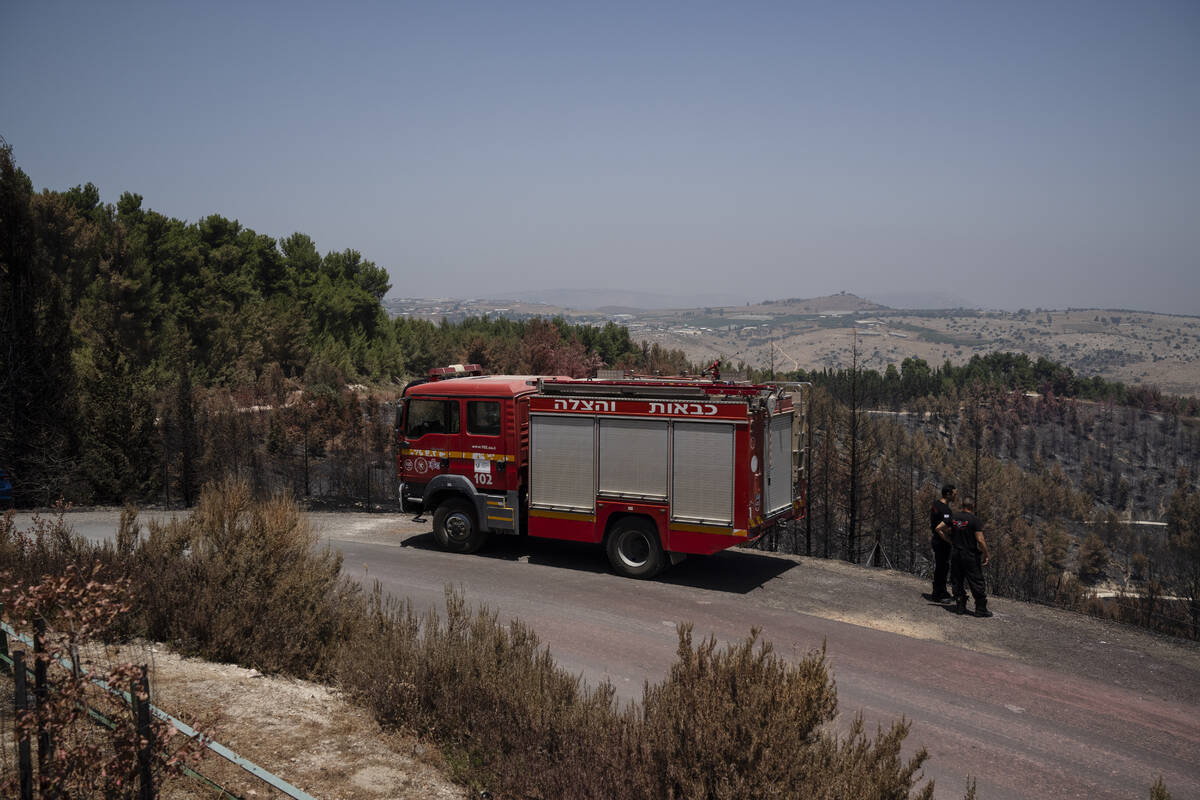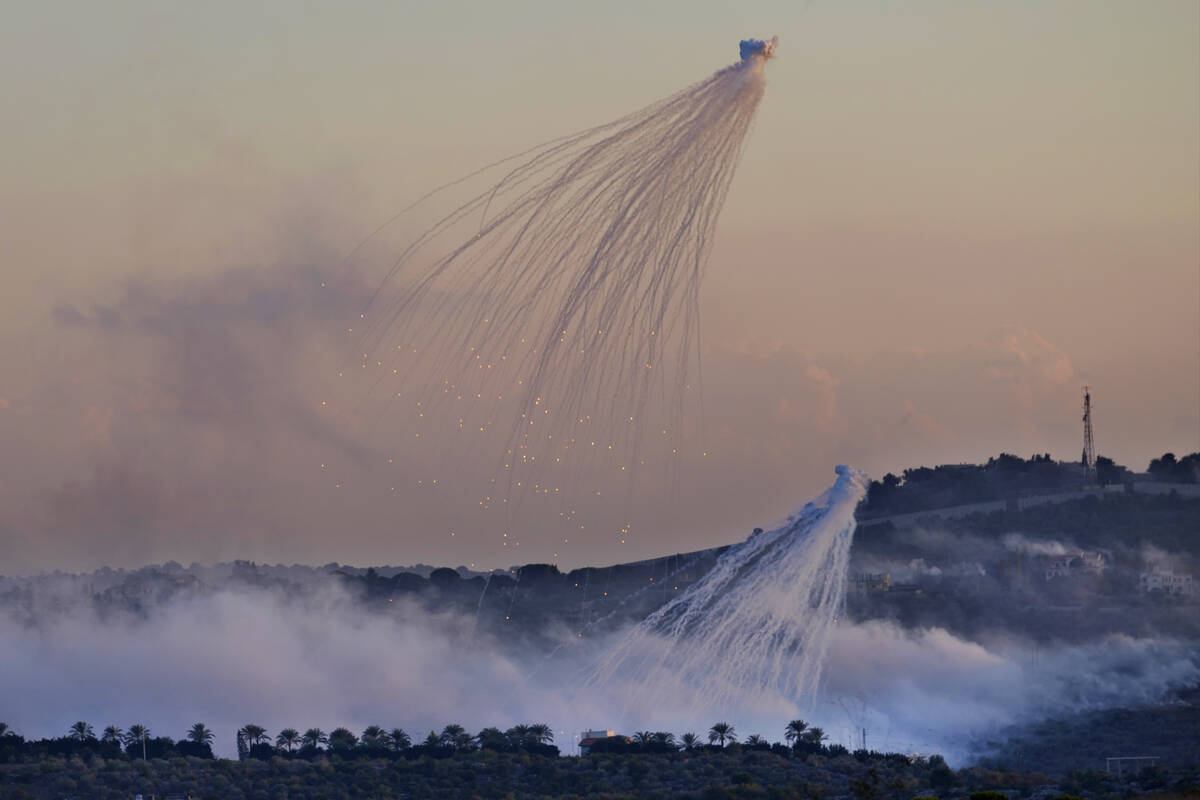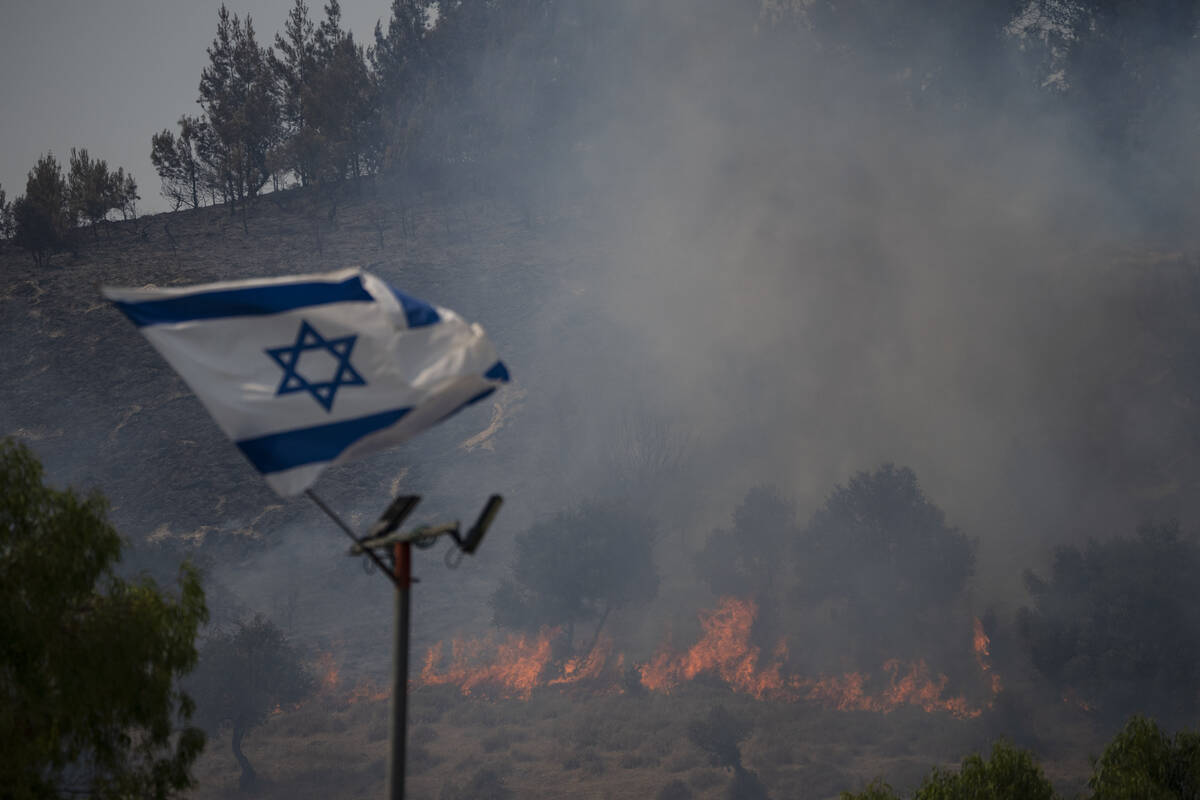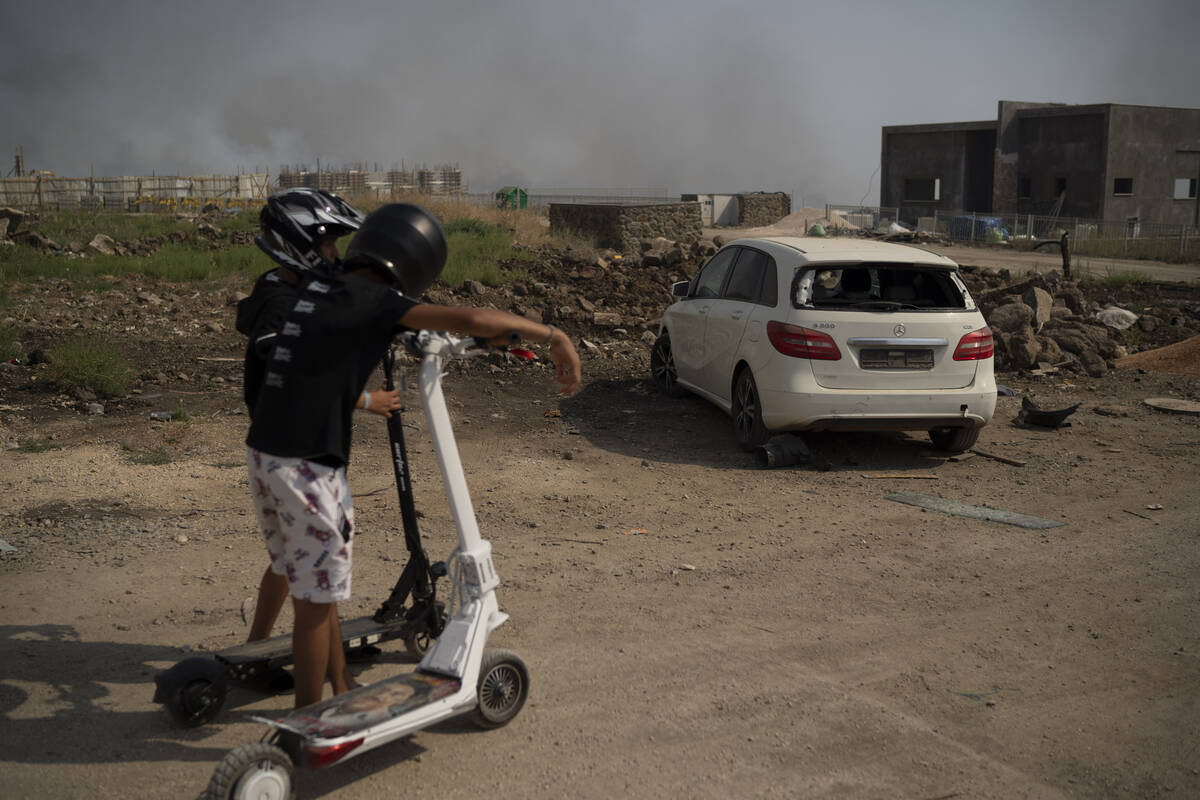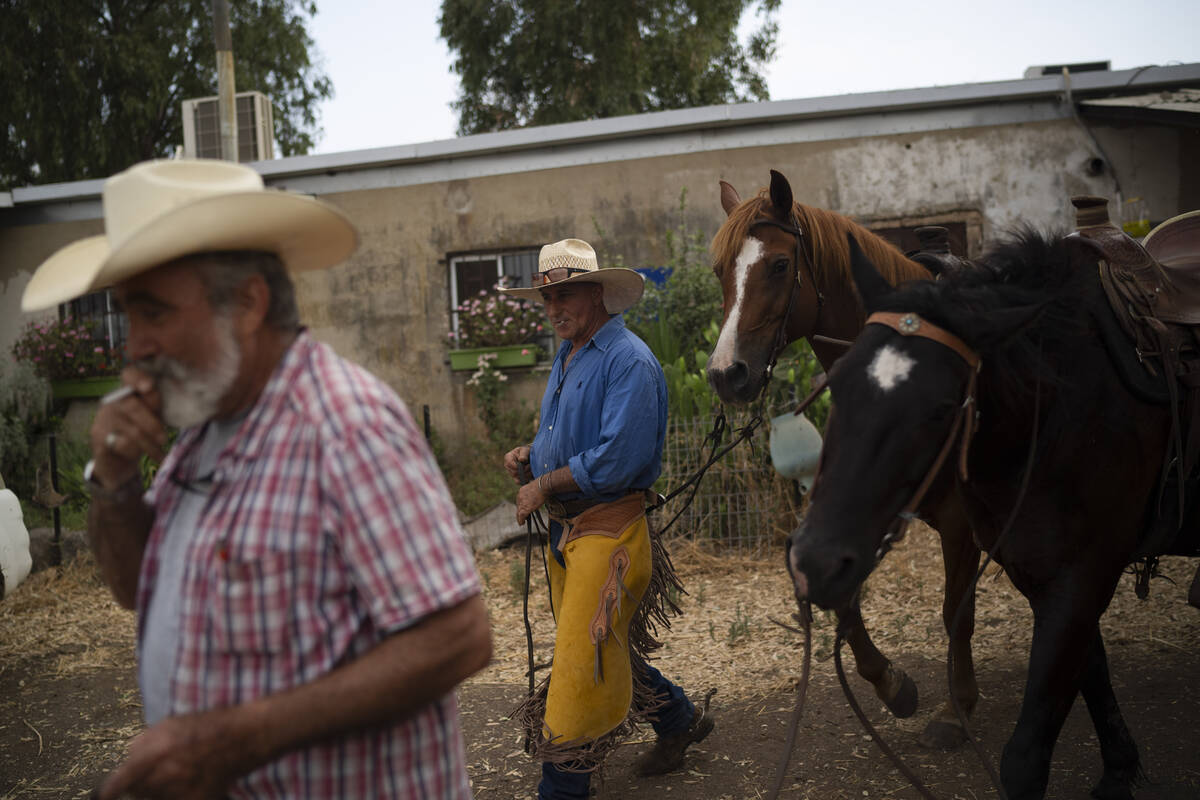Fires breaking out on the Lebanon-Israel border
CHEBAA, Lebanon — Daily exchanges of strikes between Hezbollah terrorists and Israeli forces have sparked fires that are tearing through forests and farmland on both sides of the frontline.
The blazes — exacerbated by supply shortages and security concerns — have consumed thousands of hectares of land in southern Lebanon and northern Israel, becoming one of the most visible signs of the escalating conflict.
In Israel, images of fires sparked by Hezbollah’s rockets have driven public outrage and spurred Israel’s national security minister, Itamar Ben-Gvir, to declare last month that it is “time for all of Lebanon to burn.”
Much of it was already burning.
Fires in Lebanon began in late April — earlier than the usual fire season — and have torn through the largely rural areas along the border.
The Sunni town of Chebaa, tucked in the mountains on Lebanon’s southeastern edge, has little Hezbollah presence, and the town hasn’t been targeted as frequently as other border villages. But the sounds of shelling still boom regularly, and in the mountains above it, formerly oak-lined ridges are charred and bare.
In Israel, the slopes of Mount Meron, the country’s second-highest mountain and home to an air base, were long covered in native oak trees, a dense grove providing shelter to wild pigs, gazelles, and rare species of flowers and fauna.
Now the green slopes are interrupted by three new burn scars — the largest a few hundred square meters — remnants of a Hezbollah explosive drone shot down a few weeks ago. Park rangers worry that devastation has just begun.
“The damage this year is worse a dozen times over this year,” said Shai Koren, of the northern district for Israel’s Nature and Parks Authority.
Looking over the slopes of Meron, Koren said he doesn’t expect this forest to survive the summer: “You can take a before and after picture.”
Since the war began, the Israeli military has tracked 5,450 launches toward northern Israel. According to Israeli think tank the Alma Research and Education Center, most early launches were short-range anti-tank missiles, but Hezbollah’s drone usage has increased.
The border clashes began Oct. 8, a day after the Hamas-led terrorist incursion into southern Israel that killed around 1,200 people and sparked the war in Gaza. There, more than 38,000 have been killed, according to the Hamas-run Health Ministry in Gaza.
Hezbollah began launching rockets into northern Israel to open what it calls a “support front” for Hamas, to pull Israeli forces away from Gaza.
Israel responded, and attacks spread across the border region. In northern Israel, 16 soldiers and 11 civilians have been killed. In Lebanon, more than 450 people — mostly fighters, but also 80-plus civilians and noncombatants — have been killed.
Exchanges have intensified since early May, when Israel launched its incursion into the southern Gaza city of Rafah. That coincided with the beginning of the hot, dry wildfire season.
Since May, Hezbollah strikes have resulted in about 21,500 acres burned in northern Israel, according to Israel’s Nature and Parks Authority.
Eli Mor, of Israel’s Fire and Rescue, said drones, which are much more accurate than rockets, often “come one after another, the first one with a camera and the second one will shoot.”
“Every launch is a real threat,” Mor added.
In southern Lebanon, about 10,000 acres have burned due to Israeli strikes, said George Mitri, of the Land and Natural Resources program at the University of Balamand. In the two years before, he said, Lebanon’s total area burned annually was 1,200 to 1,500 acres.



